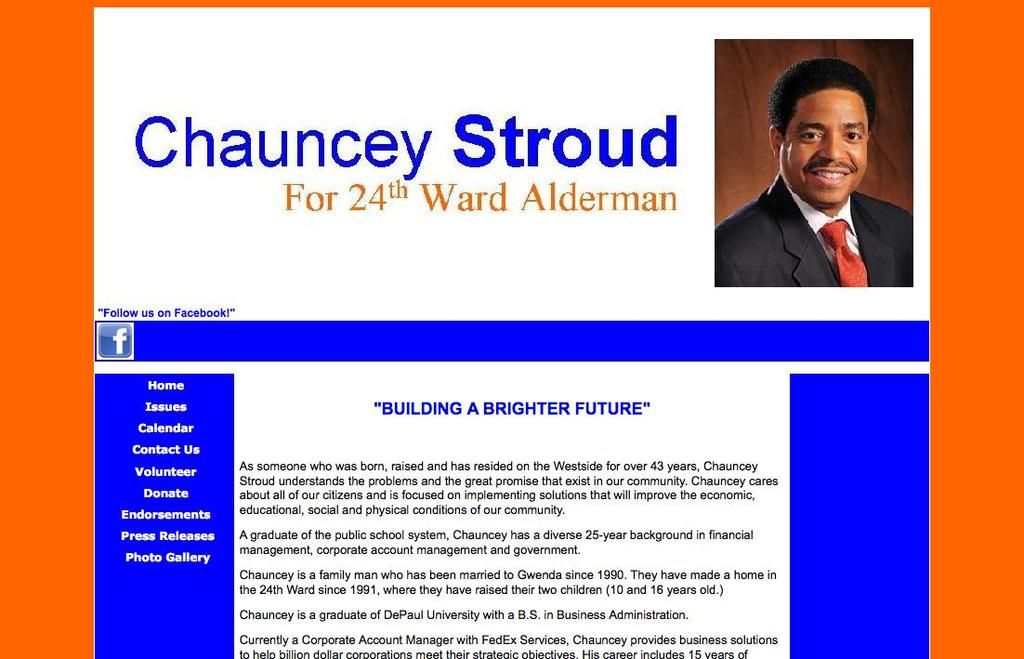Financial Executives' Enigma: Why Unease Could Be Your Ultimate Advantage
Hey there! Ever felt stuck in your finance leadership role? You're not alone. According to a recent study by The CFO Alliance, 34% of mid-market CFOs are considering walking away from their roles by 2025. But what if this isn't a crisis but a spark for the most significant transformation in the history of financial leadership?
Allow me to explain.
The study reveals that a significant 80% of CFOs feel "stuck in the grind." Instead of viewing this as a problem to fix, I propose that sometimes our greatest innovations are born from discomfort, not comfort.
We're living in an era of profound change for financial leadership. The union of AI, real-time payments, and predictive analytics is not just shifting our tools; it's fundamentally reshaping what it means to be a finance leader. Considering this context, what if your discomfort isn't a warning, but an opportunity to lead differently?
The Tech Stack Dilemma
The study highlights that CFOs are struggling with cumbersome tech stacks and "structured repetition." Yet, this isn't primarily a tech problem-it's a question about tradition. It challenges us to reconsider every assumption regarding financial operations.
Take the emergence of digital wallets, for instance. At first, consumers added them alongside existing payment methods, leading to confusion before simplification. Today's CFOs face the same paradox—simplicity often lies within the labyrinth of complexity. So, when a CFO laments their excess tools, they're actually revealing a need for evolution.
Rethinking Talent Requirements
More intriguing is the focus of CFOs on work ethic and adaptability over conventional technical skills. This shift signifies a move from "know-how" to "learn-how" as the currency of financial leadership. Embracing this change means shifting perspectives: what if the best financial leaders of tomorrow aren't the ones with the most impressive resumes, but those most comfortable with reinvention?
The Relevance of Personal Branding
The study shows that half of CFOs are prioritizing peer engagement, and 36% are focusing on personal branding. Yet, this surge in personal branding isn't about job insecurity. Instead, it's a response to the evolving nature of finance leadership. Today's CFO must be part strategist, part technologist, and part change agent. Building a personal brand isn't just about reputation; it's about driving organizational transformation.
The Power of Discomfort
So, the next time you're feeling overwhelmed, consider this your invitation to lead differently. Don't try to eliminate the friction; question it.
- What if your overwhelming tech stack is forcing you to rethink outdated processes?
- What if your team's skill gaps are highlighting the competencies that matter most in the future?
- What if your struggle with work-life balance is pushing you to pioneer new models of sustainable leadership?
The Road Ahead
Despite their personal challenges, 74% of CFOs remain confident in the U.S. economy. This optimism suggests that, while transformation brings discomfort, it's ultimately positive. Indeed, the most successful financial transformations often stem from embracing complexity, rather than fighting it.
In the words of Mahatma Gandhi, "Discomfort is the price we pay for progress." Are you ready to embrace discomfort as your competitive advantage and lead the next wave of financial transformation?
Did you know that Forbes Finance Council is an invitation-only organization for executives in successful accounting, financial planning, and wealth management firms? Do I qualify?
- Sunil Rajasekar, in his capacity as a CEO, has highlighted the discomfort felt by many CFOs, viewing this as an opportunity rather than a problem.
- The tech stack dilemma faced by CFOs, as highlighted by Sunil Rajasekar, is not primarily a tech problem, but a question about tradition that challenges assumptions regarding financial operations.
- In a move from "know-how" to "learn-how", Sunil Rajasekar emphasizes the importance of adaptability and comfort with reinvention in the next generation of financial leaders.







